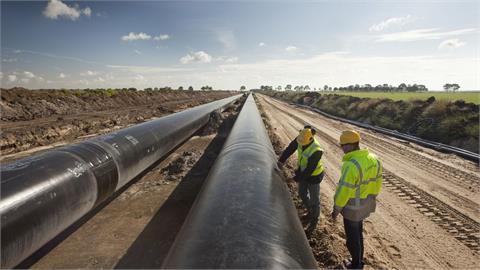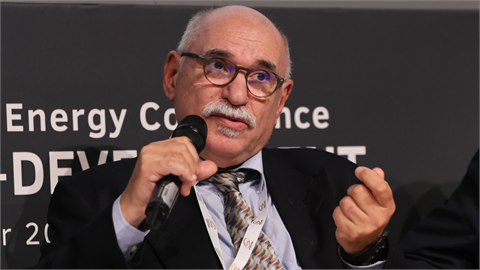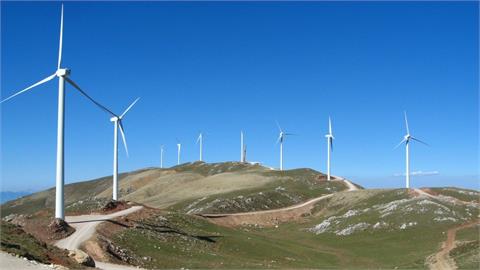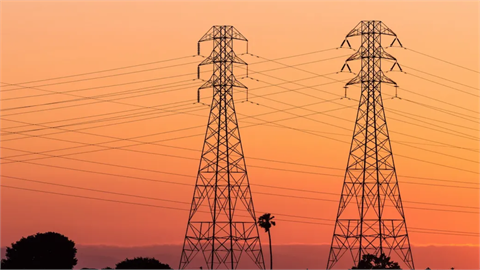On September 30, the Institute sent out to its members its latest "Geopolitics Bulletin" (No. 17), which is the product of consultation and analysis carried out by its "Energy & Geopolitics" Committee under the chairmanship of IENE's partner, Mr. Christos Dimas. The Bulletin is edited by long-time associate, Mr. John Psaropoulos.
The current Bulletin is placing emphasis on the coronavirus crisis and how this has impacted the global economy, while it takes a penetrating look on specific regions of interest including Europe, the US and UK and China. As it is stressed in IENE's latest Geopolitics Bulletin, the world had 32 million confirmed cases of Covid-19 and a million deaths. OECD interim outlook foresees a 4.5% global recession this year and 5% growth for 2021. For the euro area, its outlook is grimmer, at -7.9% this year and 5.1% growth next. All G20 countries, with the exception of China, will have suffered recession in 2020 and although a fragile recovery is expected next year, in many countries output at the end of 2021 will still be below its level at the end of 2019, and well below what was projected prior to the pandemic.
Another topic covered in this Bulletin was the historic agreement on NextGenerationEU, a 750-billion-euro plan that will help the EU emerge stronger and more resilient from the current crisis.
To Russia’s west, Belarus, previously a model of authoritarian stability, is in tumult. On August 9, its people refused to accept the official assertion that they had, once again, chosen to elect Alexander Lukashenko, the country’s dictator. In Russia’s far east demonstrators have been on the streets since July, when the governor of the Khabarovsk region, who had been elected without the Kremlin’s blessing, was arrested on Moscow’s orders and charged with murders committed in the early 2000s.
Those protests were a harbinger of hope for Alexei Navalny, a charismatic Russian opposition leader. He was looking forward to issuing a palpable rebuke to the Russian regime at this September’s regional elections; the far-eastern unrest showed the strategy was working. But Mr. Navalny lied in a coma in a Berlin hospital, having apparently been poisoned in Russia by persons unknown on August 20.
In addition, Greek-Turkish tensions escalated throughout the summer to levels not seen since 1987 and possibly 1974. Turkey issued successive information notes (NAVTEX) for seismic surveys and drilling within Greece’s continental shelf in the East Med causing much consternation to Athens. Full military mobilization followed by Greece, with France coming to its aid. Greece’s resilience and cunning diplomatic moves among its allies in the EU and in the US led to Turkey’s return to the negotiating table.
Finally, the latest "Geopolitics Bulletin" refers to several geopolitical issues in a number of countries in the Middle East, including Lebanon, UAE, Bahrain, Syria and Iran.




